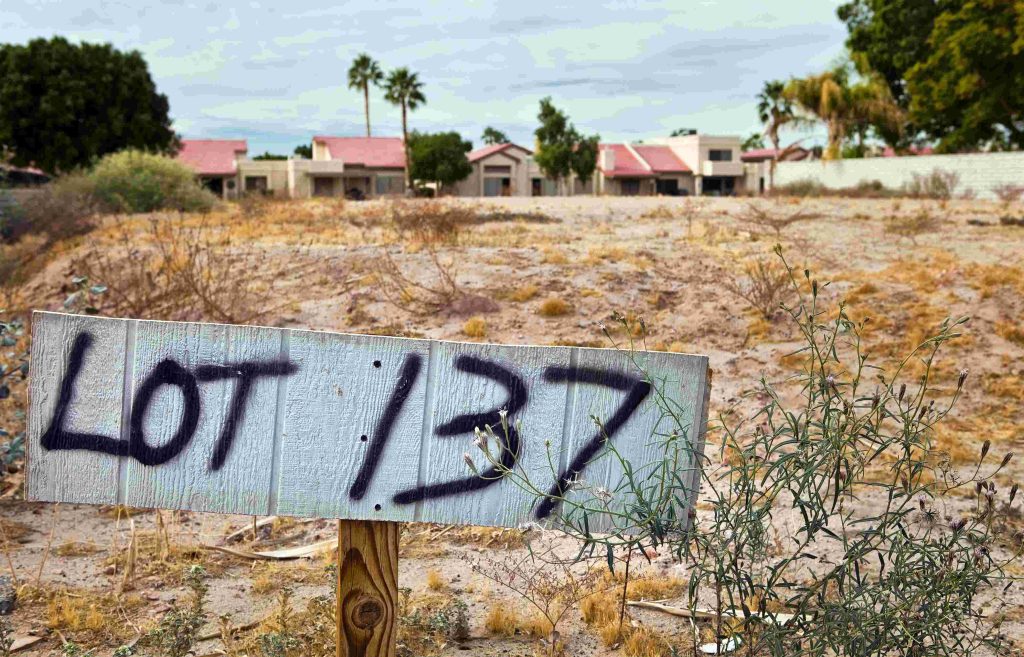If you are in search of a land for sale with the intent to build on the land, you must do some preliminary research to ensure the land is buildable. Making this determination after the purchase could potentially leave you with land that is useless and unmarketable. If you want to purchase a piece of land that is valuable and resellable in the future, you must look into any obstacles that could possibly prevent you from building. So, how do you determine if a vacant residential lot is buildable?
Please contact the Department of Building and Planning
Your greatest resource for discovering if the land you want to buy is buildable is your local building and planning department. If you’re looking for property for sale you’ll need to contact the construction department first. Call the office and ask for a zoning map as well as advise on constructing on the land. Inquire about any regulations, codes, or other potential roadblocks to developing on the property.
Perform a title search
If you’re just getting started, a title search might help you get started. You may discover a lot about the site, such as who owns it, how it was utilized, and whether there are any deed restrictions or easements. A title search will almost certainly turn up relevant information that will assist you determine whether or not to proceed.
Inquire About Disclosing Information
Inquire with the seller about any difficulties that may arise in the future. Sellers are required to disclose some facts that may impact a property’s value but are not readily apparent to the buyer. A disclosure statement is a document that is used to aid in the assessment, marketing, and presentation of a property to potential purchasers. Buyers should be aware, however, that the disclosure is not a contract, a warranty, or an exemption from the requirement for an examination.
Recognize the Limitations
Most homes will have certain restrictions, and it’s critical that you understand what those restrictions are. Zoning, construction laws, subdivision regulations, and deed limitations are all possible constraints. Restrictions can not only thwart your construction plans, but they can also cost you money if you decide to pursue land rezoning, for example.
Employ Professionals
You’ll need a surveyor to survey the land and properly establish its borders at the very least. The survey will show you where your road access points are, as well as any easements that traverse your property, such as right-of-way or utility easements. This is crucial for determining whether or not you may construct on certain areas of your property. Visit the property with an architect, armed with your survey drawings, to select the ideal building site. Finally, hire an engineer to do a soil test to see if the earth on your land is capable of supporting the weight of your home. Inquire with Watsons Site Services. A “perc” test should be performed if you will need to establish a septic system. Perc tests determine how water percolates through the earth, assisting you in determining the best position for your septic tank’s leach field.



